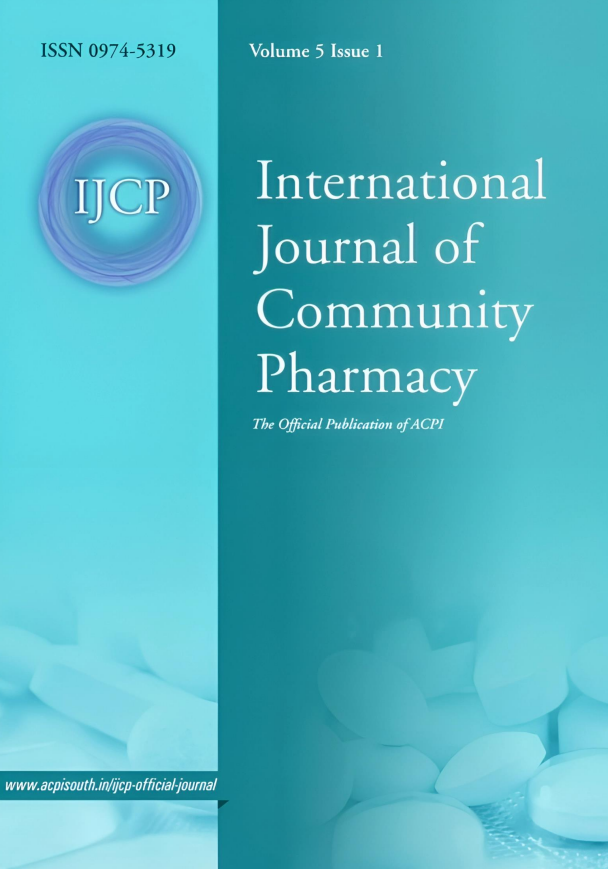A Review on Microbiology and Molecular Biology
##plugins.themes.bootstrap3.article.main##
Authors
Abstract
Forensic microbiology is an old science in a new application. Its introduction to the forensic sciences has been a necessary response to terrorist threats. The benefits that microbiology brings to criminal investigations extend well outside those required for the investigation of terrorism. In return, microbiology has benefited from the enormous advances imposed by the need to develop tools for forensic investigation. The purpose of this article is to describe how microbiology is applied in the investigation of bioterrorism, highlighting the modern advances in technology, particularly the DNA technologies, which have assisted this discipline as a forensic practice. Predictive microbiology is based on the premise that the responses of populations of microorganisms to environmental factors are reproducible and that by characterizing foods in terms of those factors, it is possible, from past observations, to predict the responses of those microorganisms in other analogous environments. This knowledge is summarized in mathematical models to enable prediction of the behavior of microbial populations in foods over time. Predictive microbiology is a powerful tool to aid microbial food safety and quality assurance, both in its own right and to complement hazard analysis and critical control points programs, hurdle technology, and quantitative microbial risk assessment. This article considers the history, philosophy, and impetus of predictive microbiology; principles of mathematical modelling; types of predictive microbiology models; uses, strategies, and resources for ‘predictive microbiology’; and assessment of the performance of ‘predictive microbiology’ models.



